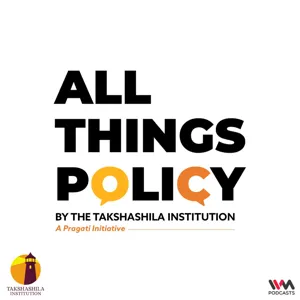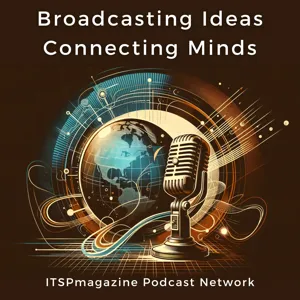Manifest 2024: Navigating Net Zero in Ecommerce with Marcus Chung

A supply chain and operations leader, Marcus Chung has worked at both large, established retailers and smaller startups. His experience spans brick-and-mortar stores, direct-to-consumer e-commerce and wholesale distribution.
Marcus's career has focused on delivering value through strategic supply chain management. He has led global teams to drive exceptional product quality, cost and delivery results, while also engaging with the broader apparel industry to drive sustainability and protect garment workers' rights in the supply chain.
Marcus earned a Bachelor of Arts degree with honors from Wesleyan University and an MBA from UC Berkeley’s Haas School of Business. He served as a Trustee for Wesleyan University and served two terms on the board of directors for Net Impact, a non-profit organization whose mission is to mobilize a new generation to use their careers to drive transformational change in their workplaces and the world.
SHOW SUMMARY
In this episode of eCom Logistics Podcast, join Dan Coll in this insightful episode as he sits down with Marcus Chung, COO of Coyuchi, a premium bedding and bath brand deeply committed to sustainability. Recorded at the Manifest conference in Las Vegas, Marcus shares Coyuchi's journey towards decarbonization and achieving net zero goals by 2050. From understanding the interconnected global supply chain to implementing innovative circular economy practices, this episode delves into the challenges and triumphs of making e-commerce logistics more sustainable
HIGHLIGHTS
[00:00:24] Consumers today are more globally aware and pose questions about brands' impact on the planet, driving a shift towards sustainability.
[00:01:32] Marcus introduces Coyuchi, a brand focused on building an organic supply chain rooted in sustainability for over 30 years.
[00:03:31] Marcus reflects on the evolution of sustainability in his 20-year career, from social responsibility to a broader focus on environmental impact.
[00:05:27] The younger generation's increasing awareness of global supply chains influences their purchasing decisions, pushing brands towards sustainability.
[00:09:13] Engaging manufacturers and suppliers in clean energy discussions as a meaningful way for brands to reduce their carbon footprint.
[00:09:52] European brands are leading the sustainability agenda, while vendors worldwide are open to sustainability initiatives due to consumer expectations.
[00:16:51] The economics of recycling and remanufacturing.
[00:19:36] Marcus advises starting small and piloting sustainability initiatives, emphasizing the importance of intentional and measured efforts.
QUOTES
[00:04:38] "Consumers are more savvy... too many people really understand what meaningful action looks like."
[00:08:35] "Collaboration with your suppliers, having the conversation, asking the questions... has a huge impact."
[00:15:17] "We call it the Full Circle Blanket... using our own recycled product to make brand new Coyuchi product out of it."
Find out more about Marcus Chung in the link below:
LinkedIn: https://www.linkedin.com/in/marcusbchung/















